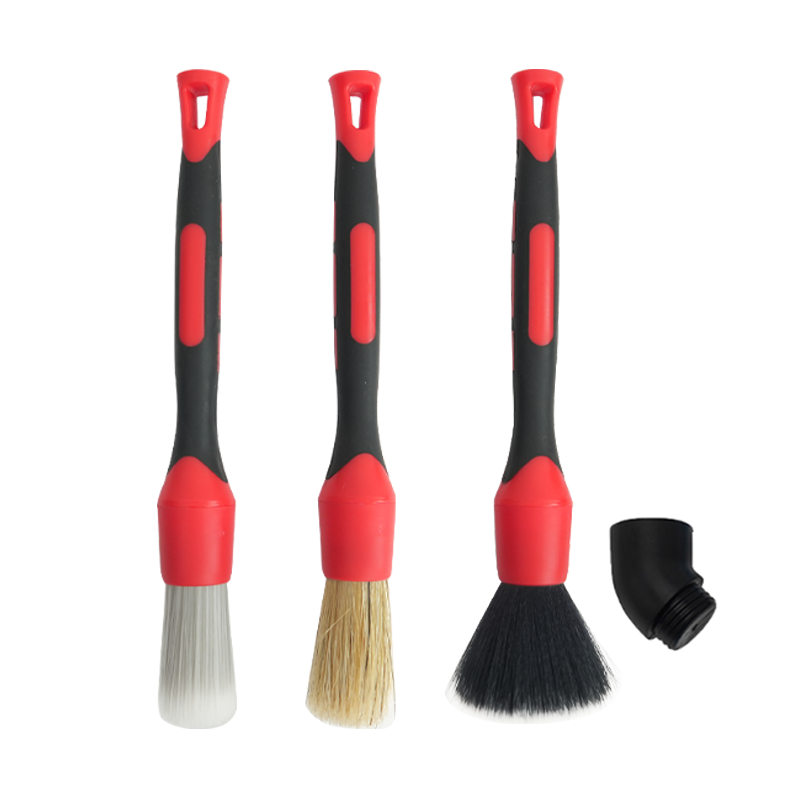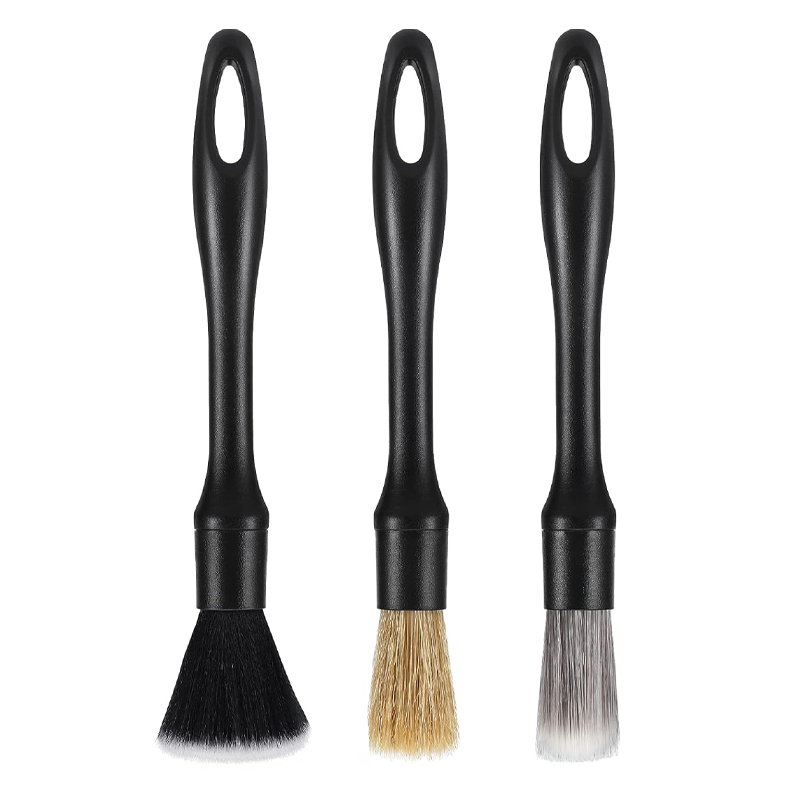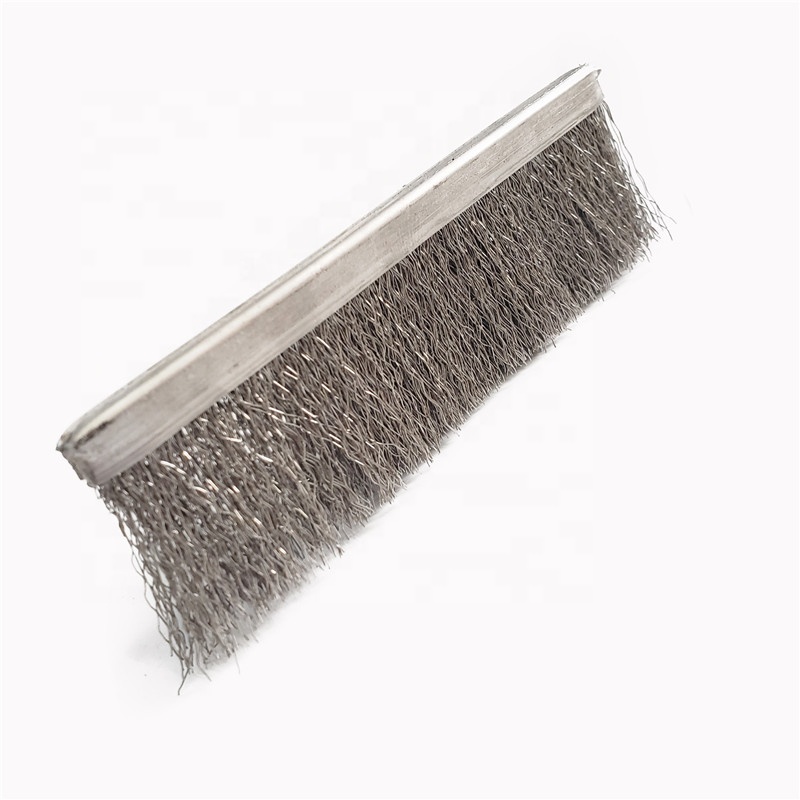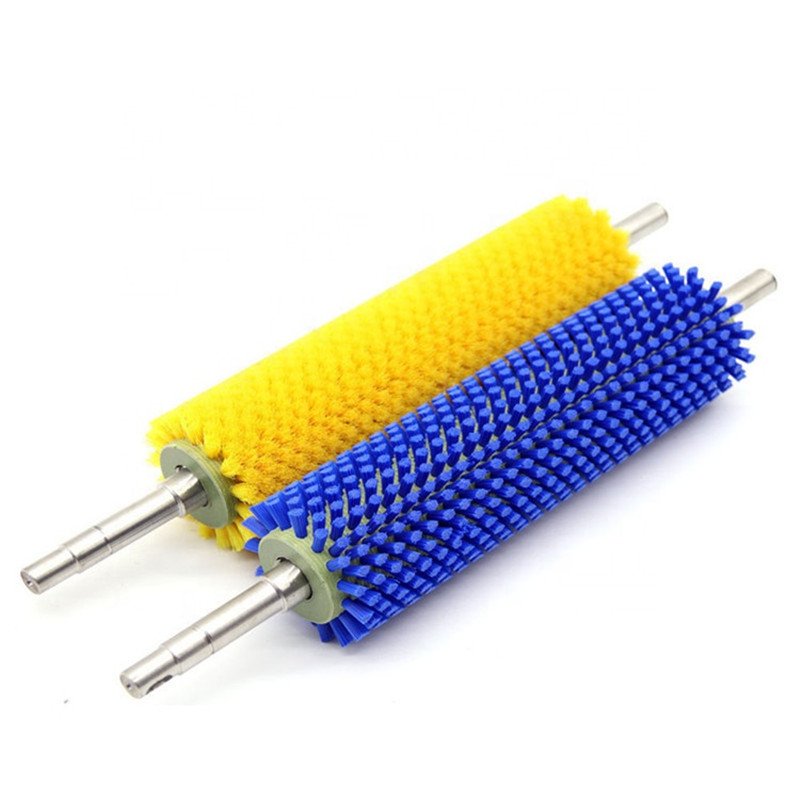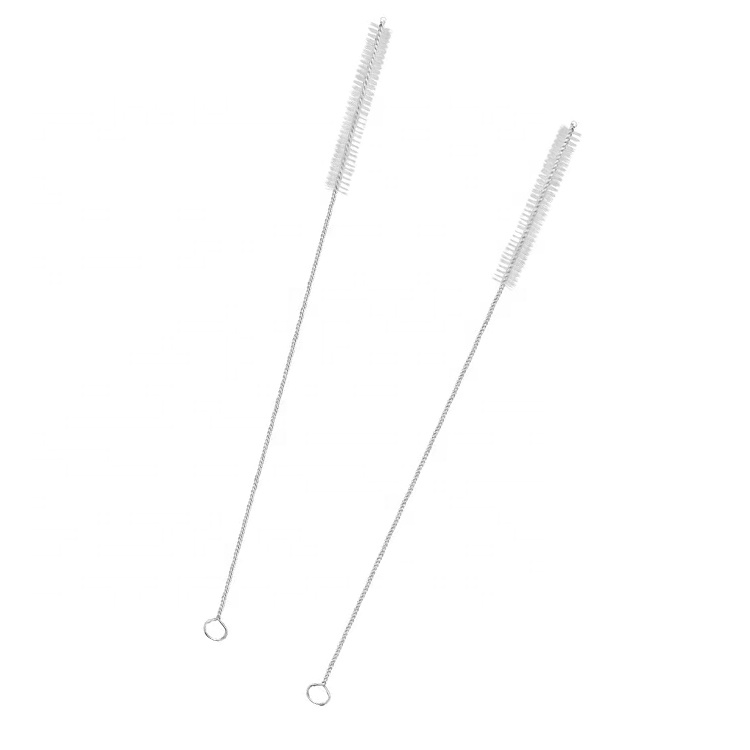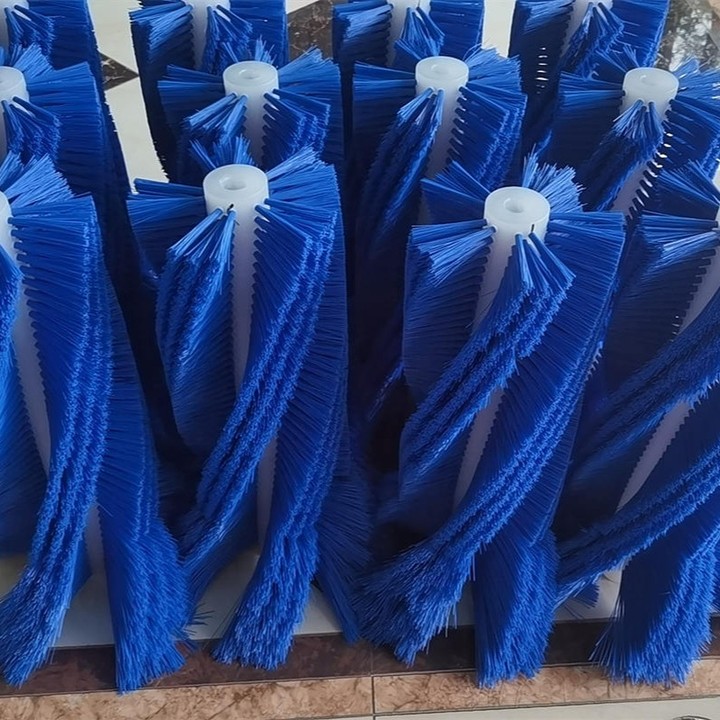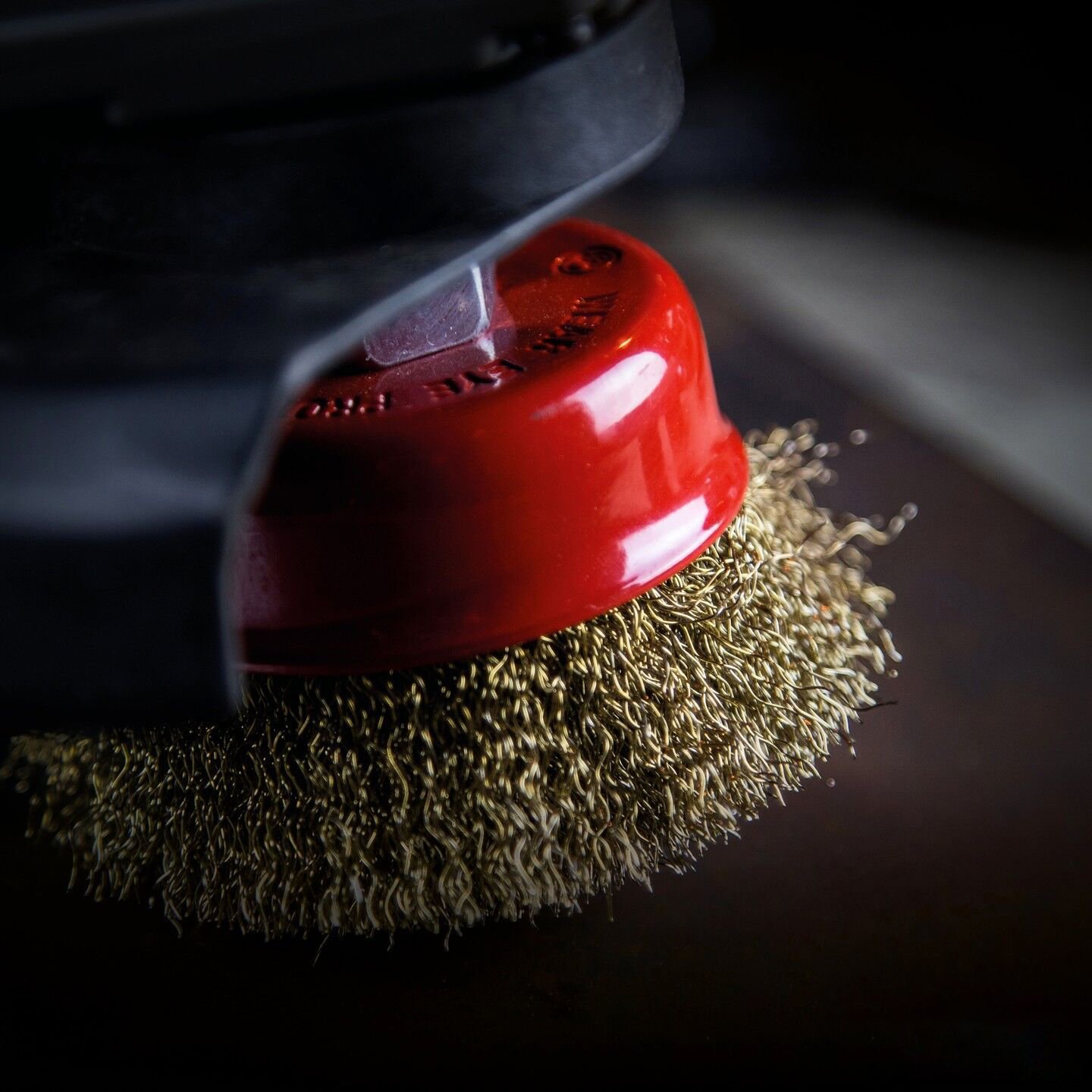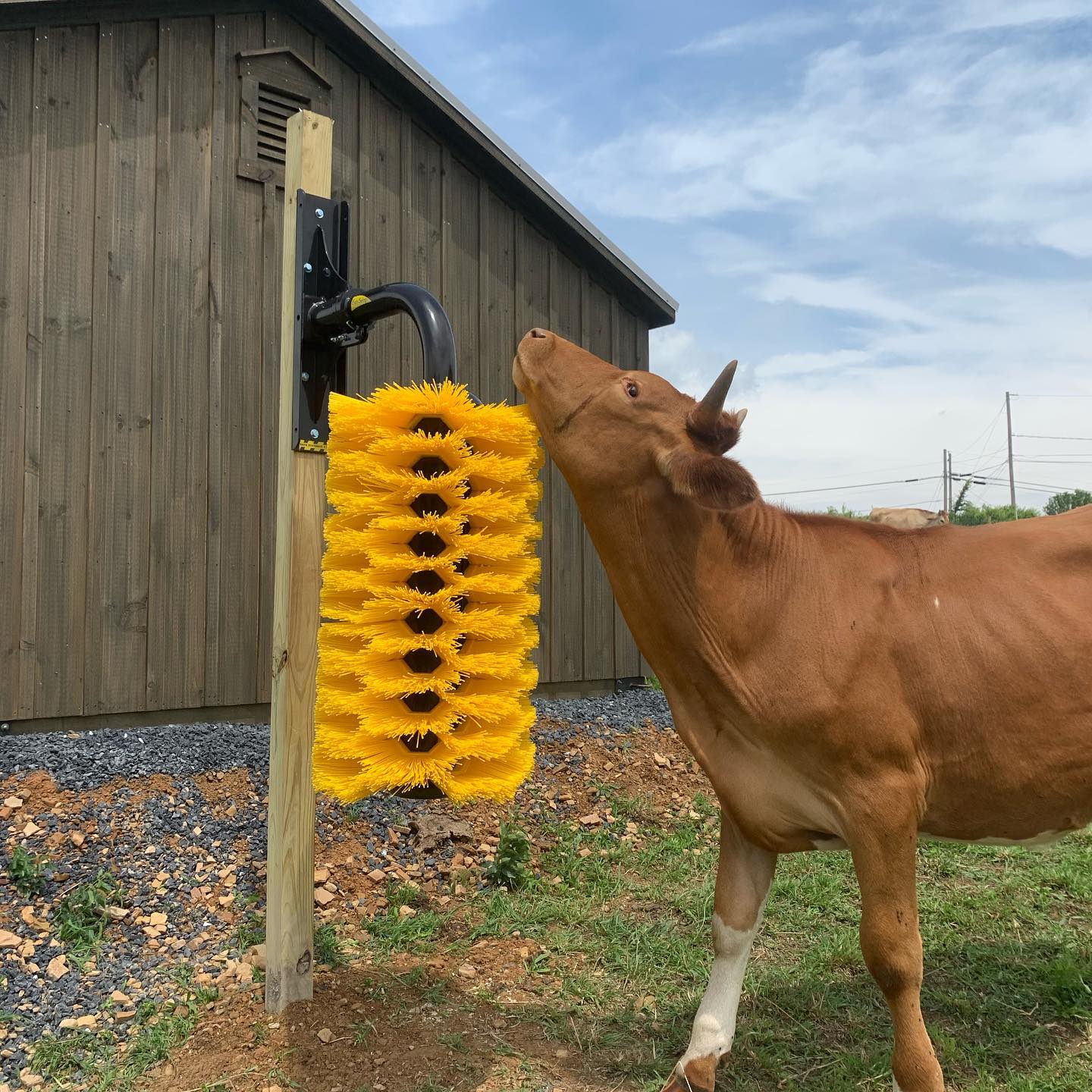Sommario
Wire brushes are indispensable tools across industries, including automotive maintenance, construction, metalworking, and even dentistry. Among the various types, steel wire brushes E brass wire brushes are two of the most commonly used. Though similar in form and function, they differ significantly in material properties, application suitability, and safety characteristics. Understanding these differences ensures you select the right tool for your project—preserving your workpiece and improving efficiency.
Overview of Wire Brushes
Wire brushes serve as abrasive tools for removing rust, paint, corrosion, weld slag, and surface contaminants. They also aid in surface preparation before bonding or painting, and can be used for polishing and cleaning. These brushes are typically used with hand tools, drills, angle grinders, or bench grinders depending on the brush type and application.
Two of the most common wire brush materials are steel E ottone. Each offers unique performance characteristics and is suited to specific tasks and materials.
Steel Wire Brushes: Characteristics and Applications
Steel wire brushes are widely valued for their durability, cutting strength, and resistance to wear. Made from carbon steel or stainless steel, they can withstand aggressive cleaning and are ideal for heavy-duty tasks.
- Cutting Action: Steel wires are harder and more aggressive, making them effective at removing thick rust, old paint, welding slag, and other tough surface contaminants.
- Tool Compatibility: Often used with power tools such as angle grinders, drills, and bench grinders.
- Applicazioni: Ideal for cleaning iron, carbon steel surfaces, and industrial equipment. Also commonly used in metal fabrication and automotive repair.
- Spark Risk: Steel wires can produce sparks, making them unsuitable for flammable environments.
Brass Wire Brushes: Characteristics and Applications
Brass wire brushes are softer and more flexible than their steel counterparts. They provide effective cleaning without scratching delicate surfaces.
- Gentle Abrasion: Brass is non-ferrous and less abrasive, making it perfect for use on softer metals and surfaces that require a finer finish.
- Spark-Free: Brass does not produce sparks, making it a safer choice for environments where combustible gases or materials are present.
- Applicazioni: Commonly used on electronics, battery terminals, white-walled tires, aluminum, and delicate metals like brass or copper.
- Wear Rate: Brass wires wear out faster than steel, particularly under heavy use.
Key Differences Between Steel and Brass Wire Brushes
| Caratteristica | Spazzola in filo d'acciaio | Spazzola in filo di ottone |
|---|---|---|
| Material Hardness | High (Aggressive) | Low (Gentle) |
| Abrasiveness | High – for heavy-duty cleaning | Medium – safe for delicate surfaces |
| Compatibilità superficiale | Iron, steel, hard metals | Aluminum, brass, copper, electronics |
| Durata | Long-lasting under high pressure | Wears out faster under heavy use |
| Sparking | Produces sparks | No sparks – safe for flammable areas |
| Casi d'uso migliori | Rust, paint, weld removal | Polishing, cleaning electronics, fine work |
Which Wire Brush Removes Rust Better?
Both steel and brass wire brushes can remove rust, but their effectiveness depends on the material of the surface:
- Carbon steel brushes are best for rust removal from hard metals such as iron and carbon steel tools.
- Brass wire brushes can remove rust from softer metals without damaging the surface—ideal for light cleaning on aluminum or chrome.
- Stainless steel brushes are suitable for use on non-ferrous metals such as copper, brass, and stainless steel itself, as they resist rust contamination and preserve the integrity of the surface.
Making the Right Choice for Your Application
When selecting between a steel wire brush and a brass wire brush, consider the following:
- Material of the Workpiece: Use brass for softer metals and delicate parts, steel for hard surfaces and industrial use.
- Desired Finish: Brass brushes leave a finer, smoother finish. Steel brushes offer a deeper, more aggressive cleaning.
- Environmental Safety: Avoid steel brushes in spark-sensitive or flammable environments.
- Tool Compatibility: Ensure the wire brush is rated for the speed and type of your power tool.
Conclusione
Understanding the difference between a steel wire brush and a brass wire brush is essential for choosing the right tool. Steel wire brushes provide aggressive cleaning power for hard surfaces and heavy-duty jobs, but may damage soft materials or pose spark risks. Brass wire brushes are ideal for precision cleaning where surface preservation is important and spark safety is a concern.
Each type of wire brush has its place in professional and DIY toolkits. By matching the brush material to your specific task, you’ll ensure both efficiency and protection for your work surface.

